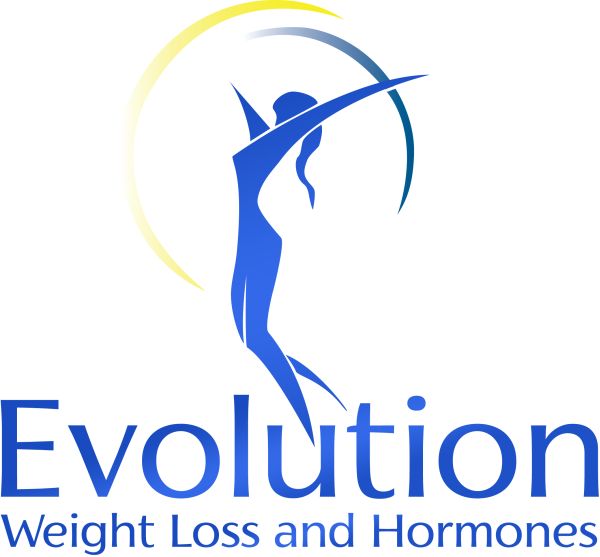Hormone Replacement Therapy for Post-Hysterectomy Menopause in Lutz, FL

The cessation of the female monthly cycle, or menopause, typically occurs in women entering their late 40s or early 50s. Surgical menopause, which occurs after the removal of the ovaries, can occur in women of any age. Post-hysterectomy menopause can be a scary, difficult condition, but you don't have to go it alone: Call (813) 536-3212 or contact Erin Bolton online.
Why Post-Hysterectomy Menopause Happens
Having a hysterectomy performed isn't a certainty that you'll suffer from early menopause. Some hysterectomies remove only the uterus, which doesn't produce estrogen (oestrogen) and therefore will not cause menopause if absent. Many procedures, however, also remove the ovaries which is your body's primary source for the estrogen (oestrogen) hormone.
When the ovaries are removed an early, abrupt menopause will begin.
Signs & Symptoms of Post-Surgical Menopause
The symptoms of post-hysterectomy menopause are indistinguishable from those of natural menopause. These issues can range from mildly irritating to completely debilitating.
Some of the common symptoms of post-surgical menopause include:
- Hot flashes (hot flushes)
- Night sweats
- Decreased sex drive
- Mood swings
- Difficulty sleeping
- Vaginal dryness
- Weight gain
- Dry skin
Not all women experience the same symptoms or the same level of severity. A combination of these symptoms, along with the absence of your monthly cycle, indicates that you have begun menopause.
Treatment for Post-Hysterectomy Menopause
After consulting with a doctor, you'll see there are many treatments that can mitigate or eliminate the symptoms of post-surgical menopause. The first thing a doctor will likely recommend is lifestyle change. Things such as:
- Smoking
- Alcohol
- Stress
- Poor diet
- Lack of exercise
All of these can all affect or worsen symptoms of menopause. Your doctor will assess your current lifestyle and make recommendations to match. Some vitamins, supplements , and over-the-counter medications may also help abate your symptoms.
Post-hysterectomy menopause is most commonly, and effectively, treated with hormones. Hormone replacement therapy (HRT) replenishes your body's hormones and provides balance. Estrogen (oestrogen) therapy, in particular, is effective in treating menopause. A lack of estrogen (oestrogen) in younger women due to a hysterectomy has even been known to cause unrelated health complications.
A safer, more advanced form of HRT is bioidentical hormone replacement therapy , or BHRT. Unlike traditional hormone therapy, BHRT uses hormones that are chemically identical to those your body produces naturally.
Hormone therapy can be performed in any number of ways; it's best to talk with a doctor to find the most appropriate treatment for your needs. Pills, pellets, creams and gels are all viable methods of hormone therapy.
Get Help Now
Experiencing early menopause due to surgery can be life changing. If you need help or are interested in treating your post-surgical menopause with hormone therapy, please call (813) 536-3212 or contact Erin Bolton online.
Evolution
Address
4691 Van Dyke RoadLutz, FL 33558
(813) 536-3212
www.evolution4health.com
Hours
Mon:
10:00 am - 4:00 pm
Tue:
10:00 am - 4:00 pm
Wed:
10:00 am - 5:00 pm
Thu:
10:00 am - 6:00 pm
Fri:
10:00 am - 3:00 pm
Sat:
Closed
Sun:
Closed


